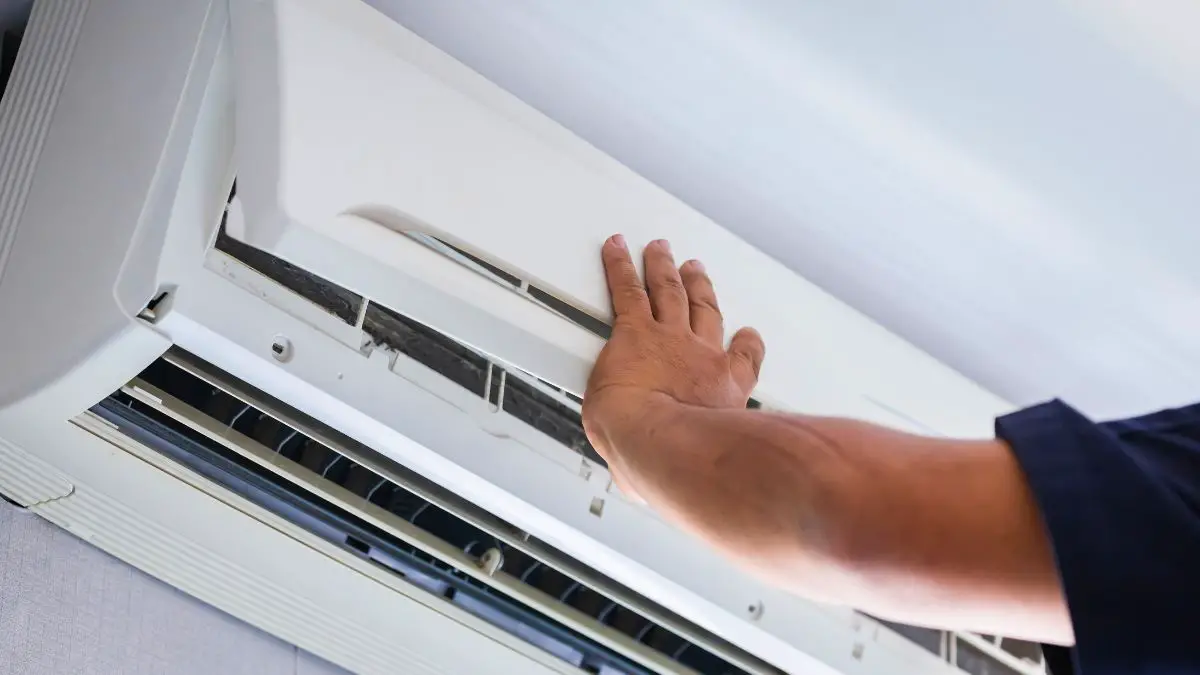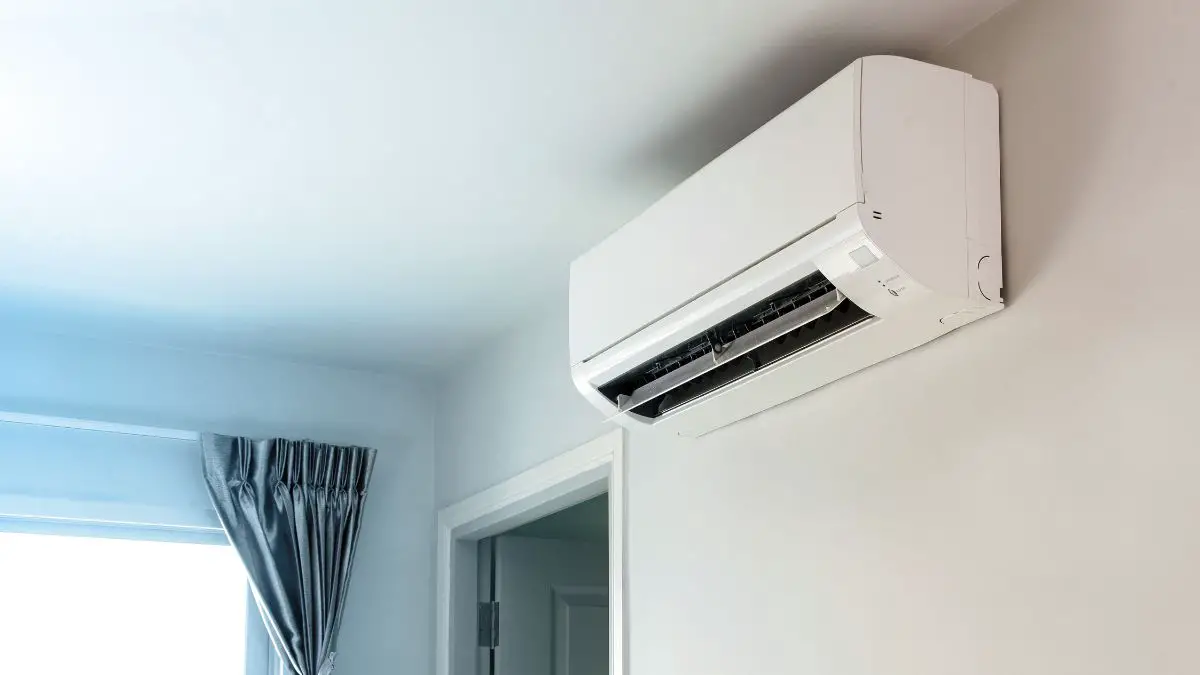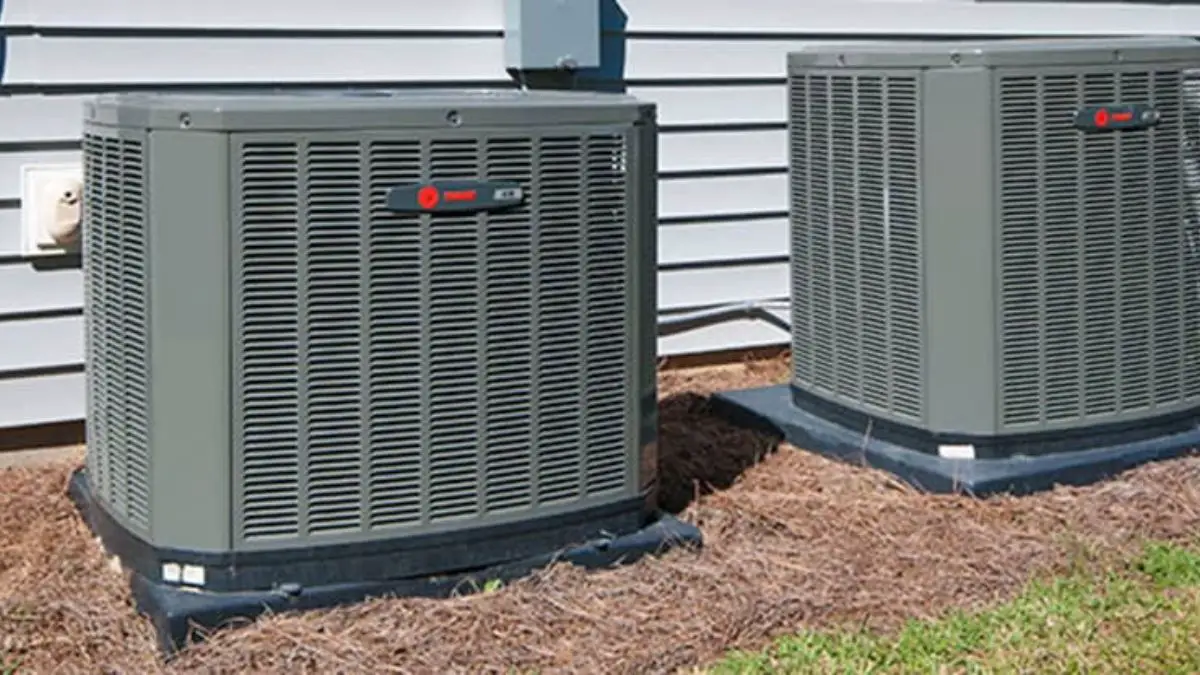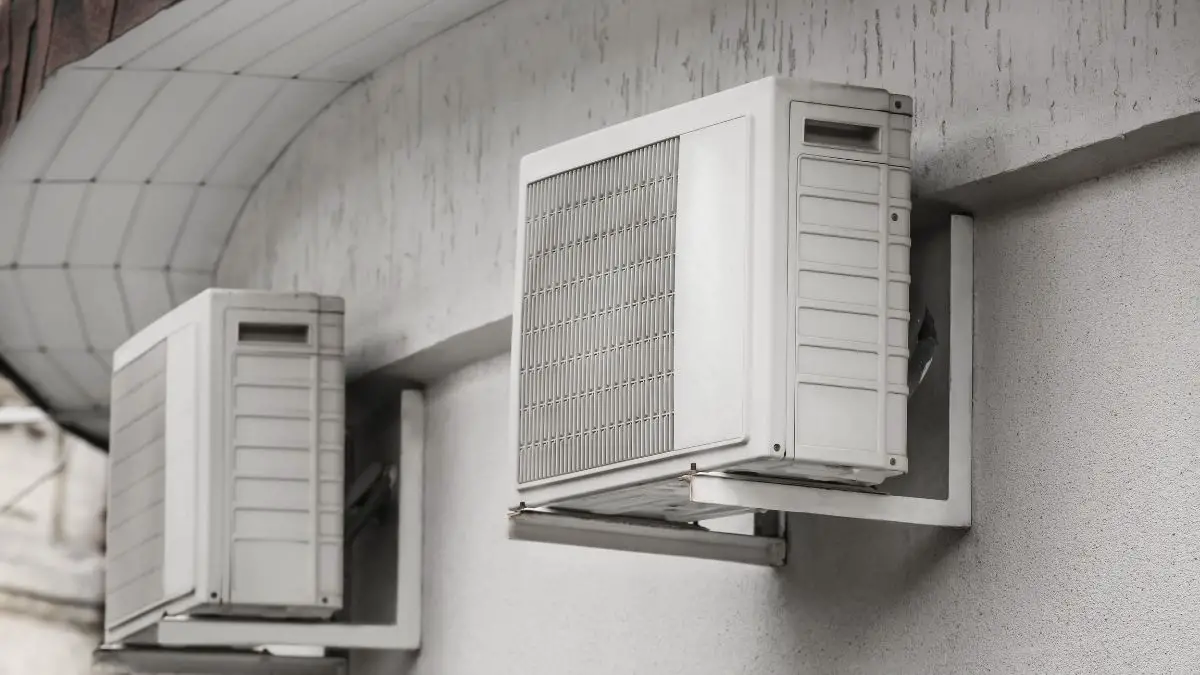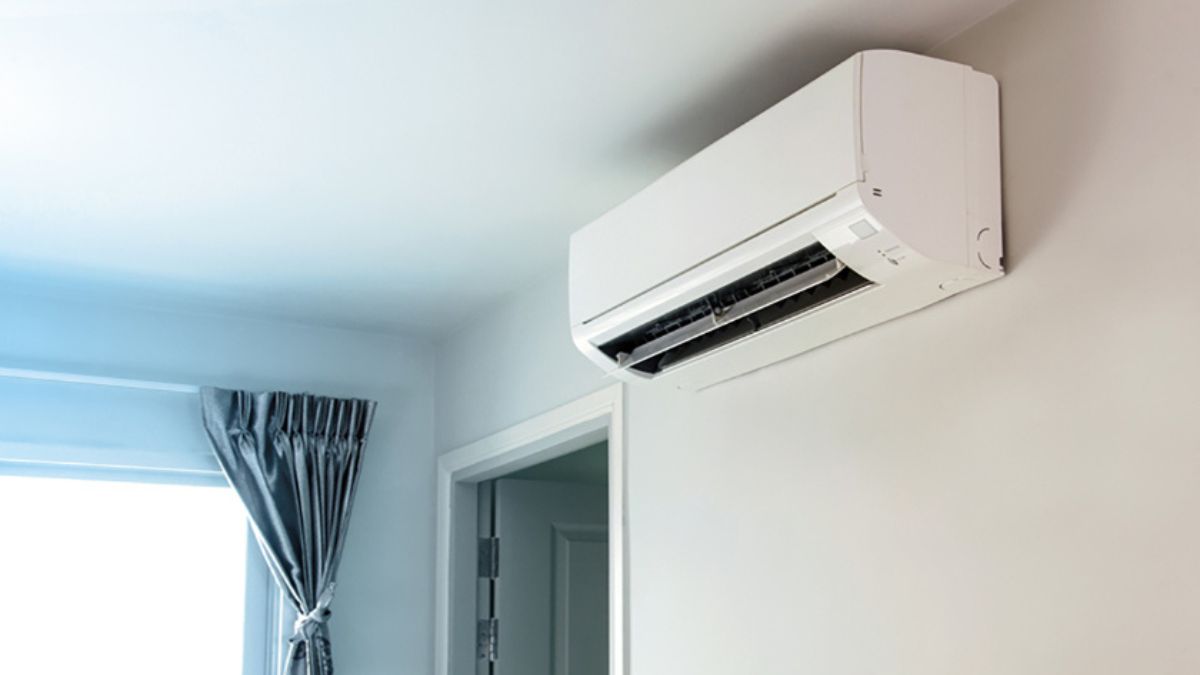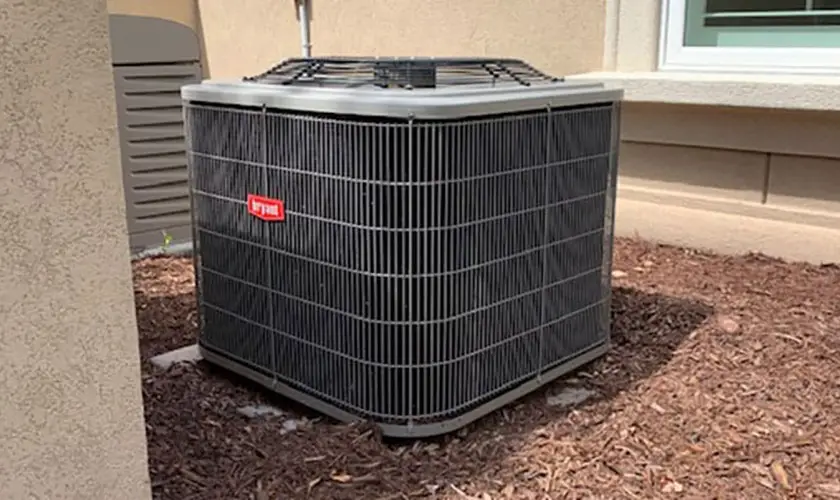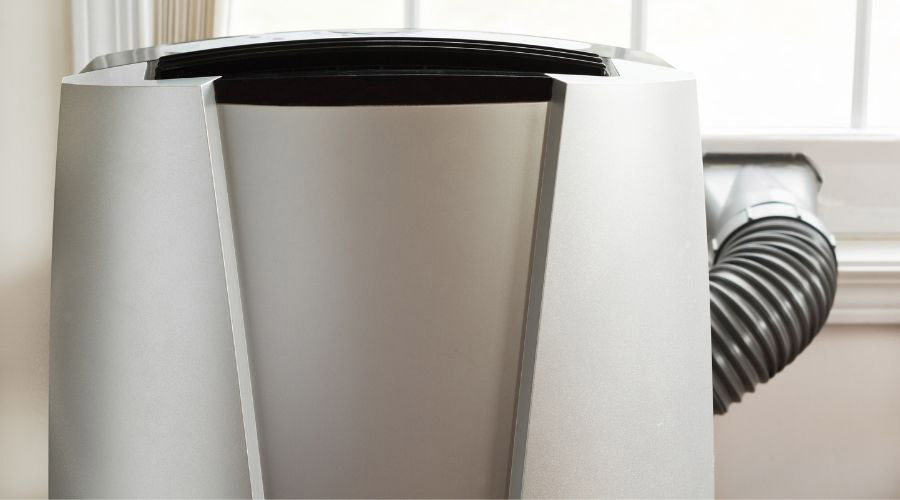
No matter how much you take care of your air conditioner, it won’t last forever. Portable air conditioners are appliances with the shortest lifespan, so the need to replace them in the future is inevitable. Since they need to be replaced occasionally, they must differentiate between air conditioners before purchasing them.
A portable air conditioner will last an average of 10 years. However, with good upkeep and regular maintenance, you could see it offers an extra five years of service. You can even double the air conditioner’s lifetime by ensuring it has a low cooling load or using it infrequently.
Here, we look at how long your air conditioner lasts and its operation.
The Lifespan of Portable Air Conditioners
As we have highlighted in the introduction, a portable air conditioner will last about ten years. However, the time might increase with regular upkeep and maintenance.
Vulnerable Parts of Portable Air Conditioners
All the moving parts of an air conditioner are vulnerable. The breakable components include:
- Condenser fan: It is repairable and has a minimal replacement duration.
- Compressor: It’s difficult to fix with a simple leakage meaning an expensive repair or replacement.
- Evaporator fan: It’s easy to repair and replace.
- Coolant: it’s also easy to replace.
The compressor is the most vulnerable part of the air conditioner. If it becomes damaged somehow, it will essentially end the portable AC’s life. Nevertheless, you can replace the other components easily without it being too expensive.
Although the equipment is reliable to work, remember that wear and tear will continuously happen to any device you own, primarily based on its environment.
What Shortens the Life of an Air Conditioner?
The wear on an air conditioner is lower for a unit placed in the bedroom than in a garage. Below are the things lowering the lifespan of a portable AC:
1. Improper Installation
Improper installation is among the leading causes of a reduction in the lifespan of an air conditioner. You should therefore hire a professional to install the unit for you.
Since the air conditioner is a complex machine, there is a need to follow the manual instructions strictly. Experienced technicians are therefore familiar with the various installation steps without checking the manual.
2. Over-Usage & Misuse
It’s common knowledge that larger rooms will require intense cooling. Such overuse can significantly reduce the lifespan of your portable AC.
We recommend that you use a portable air conditioner with a higher capacity than the room size. It’ll enhance its life.
3. Dirt
The arch-nemesis of all machinery and equipment, particularly portable air conditioners and dirt, can drastically reduce lifespans. Once clogged, the filters can place a significant burden on the efficiency of the unit.
Regular cleaning of filters enhances the functioning of the air conditioner while preventing other issues such as overheating.
Dirt is reputable for drastically reducing the lifespan of air conditioners. The filters will significantly burden the unit’s efficiency when dirt clogs the air conditioner.
Therefore, you must do regular cleaning on your portable air conditioner to improve its lifespan. Regular cleaning will also limit overheating.
4. Lack of Care & Maintenance
Care and maintenance such as checking coolant levels, cleaning filters, and services can translate into an enhanced lifespan for your air conditioner. Care and upkeep are also critical to ensuring that the unit doesn’t fail in times of need.
Other factors can reduce the life of an air conditioner, such as rodents, insects, and pest infestation. It’s therefore crucial that you take measures to prevent such infestations.
Warning Signs for Maintenance
The maintenance of an air conditioner should be a top priority due to its usefulness during summer. Below are signs that show that your air conditioner needs care:
1. Listen to the Air Conditioner
Something is wrong if your portable air conditioner makes an unusual noise. It’s enough indication that your unit requires closer attention.
When this happens, either the unit isn’t working as intended, or something has broken inside. When such a situation happens, cleaning the system may offer a solution. However, if the noise persists, you can proceed to service it.
2. Low Cooling or Air Flow
Lowered airflow could be due to clogged air filters. Use your manual to understand how to clean the air conditioner. If cleaning doesn’t help, you can service the unit.
3. Strange Odors
If your room begins to have strange odors, you should immediately check the AC filter for bacterial activities. There is also a high chance of decomposing dust causing the nasty smell.
If that is the case, use water and a soft brush to clean the filters.
Tips for Extending the Life of an Air Conditioner
As we have seen above, keeping a portable air conditioner in good condition will automatically improve its lifespan. It’s therefore critical that you undertake regular maintenance and care. The below steps will also help you enhance the lifespan of your air conditioner.
1. Store The AC Safely During Non-Usage
You might have damaged your air conditioner during the off-season by not using your AC unit. The damage could have been many reasons:
- Rodent infestations
- Poor storage facilities
- Rough handling during placing the unit away
- Potential dust getting inside the unit
- Not covering the device, etc.
Therefore, you must store your portable air conditioner in a safe, dry, and pest-free location. At the start of summer, ensure you service the unit before use.
2. Pay Attention to Filters
Filters determine the quality of air that your unit is blowing out. If dust, dirt, and debris enter the filter, your AC unit will not work the way it should.
Always make sure you are not allowing these things to clog up. Never apply soap or detergents to the filters. Instead, use a clean cloth or soft brush at least once a month.
Another alternative is to take the filter out and rinse it in water. Ensure to air dry it before placing the unit back in, and don’t allow the dust to fall down the drain.
3. Location
Strategically placing the air conditioner in a specific location allows the lifespan to increase. Say you are going to put it somewhere that is full of clutter. In that case, the portable AC unit will work twice as hard to ensure the room stays at its current temperature.
Always make sure to keep that room or area free from clutter and other items that may cause the unit not to work correctly. It’s also essential to put your air conditioner closer to the window to maintain proper air circulation.
4. Power Source
You must also select the right power source for your air conditioner. A power source that can provide 120 volts of AC is perfect for the compressor and the fan.
Avoid using repaired or short-circuited supplies with a high chance of bursting. It’ll force you to spend more money.
The correct power source will also enable the air conditioner to operate efficiently. Just ensure that the unit is properly maintained.
Is it Safe to Leave a Portable Air Conditioner on All Day?
An air conditioner can help cool down your room during summer. However, you can only perform effectively if you manage proper maintenance and upkeep.
If you’re wondering whether it’s safe to leave your air conditioner on for the whole day, keep reading to understand more.
Is it Right to Operate Your AC 24/7?
You can indeed run your portable AC unit for the entire day. However, doing this will only strain the unit and result in higher electric bills.
On the other hand, say you are having issues with your overall AC system. In that case, you can run the portable AC unit until someone comes to fix the central cooling system.
If you live in an area that gets cool at night and extremely hot during the daytime, we recommend turning it off during the night hours.
Is it Safe to Operate Your AC the Whole Day?
The only harm your AC unit will have is to your electricity bill. If you are concerned about it causing a fire, you do not need to be so. Portable AC units will not trigger any disaster or fire.
However, as stated above, it does not necessarily mean you should leave it on all day. Think of your unit as someone working a 9 to 5 job.
They will eventually wear out if they are constantly running and need that “hour break,” so to speak. The break enables the AC unit to cool down and reduce the amount of wear and tear.
However, some people believe it is better to leave it constantly running or tend to forget. In that case, ensure you have a machine that contains an auto shut-off button.
Another thing to consider is the right-sized AC unit. It operates in 10 to 20-minute intervals, cools the space then turns off. If the unit does not turn off, then it may be a couple of things:
- The portable AC is too small for the room.
- You may have excess moisture or heat source in the room that you must isolate.
In such a situation, a more oversized portable air conditioner will solve the problems efficiently and quickly.
How Long Can You Operate a Portable AC Continuously?
You can operate the portable AC for as long as you would like. Of course, that assumes you do not run into any challenges along the way, and the filters are continuously clean.
Condensation Tank
However, it is essential to empty the condensation tank. Otherwise, the AC unit will work inefficiently. On the other hand, you can invest in a drain hose so you do not need to worry about this issue.
Attaching the drain hose is a simple process. You will link one side of the hose to the condensate tank and the other side to your drain. It is also wise to watch your unit because you don’t want the inside to get wet from the condensate water.
You do not want water in your machine because it can potentially grow mold and mildew. As mentioned before, make sure to clean the filters out to prevent this from occurring as well.
The following things might happen if you fit a drain hose to drain water:
- The air conditioner might shut off and fail to turn back on. It switches off because some units contain a built-in float switch. Once the condensate tank is full, the switch will turn off the air conditioner.
- The full tank will trigger an alarm. It happens to remind you that the tank is full and needs draining.
- If the float switch isn’t working effectively, the condensate tank may overflow. Even though it won’t present any challenges to the portable AC, it’ll leave you with the task of removing water.
Why Are Portable Air Conditioners Bad?
Even though portable air conditioners are cheaper than central air systems, they present several hidden challenges you might not know. Below are reasons why a portable AC is a bad deal:
1. Portable AC is Inefficient
Having at least 13 SEER/11 EER efficiency ratings for your central AC unit is essential. However, mobile AC systems have way less. In most cases, the best rating that you’ll come across is 9.5. You’ll pay more in electricity bills for a portable AC than for a central AC system.
2. They Cool a Smaller Area
Portable AC units do not cool the entire household. The devices will only get a small portion of your house, thus making it a bit inefficient, especially if you already have air conditioning issues.
If you are lucky, a portable air conditioner will cool a single room, meaning if you are trying to cool specific areas within your home, you’ll need multiple AC units or place them in that area only.
3. Portable AC is Noisy
If you are trying to watch TV, you better be prepared to turn it up extremely loud or turn on the subtitles to hear the people speak. In other cases, you might have a hard time hearing as it is.
Portable AC devices are not the greatest at soundproofing themselves, thus leaving you in a bit of a pinch. If you are someone who already loves white noise, then it should not be a bother!
4. They are Uglier
Portable AC units are not well known for their charming good looks. They are very bulky and can take up a decent amount of space, especially if you live in smaller quarters.
On the other hand, manufacturers try their best to make the units look appealing, but the view you have winds up looking like a big box instead.
There is also an irritating giant exhaust pipe going through the window. However, most central AC systems go on the ceiling.
5. You’ll Spend Time Fussing with the Hose
Messing with the hose can be a bit irritating. Many people claim that portable AC units are hassle-free, and they are, in a sense. However, getting the hose to fit onto the window properly might become frustrating at times.
Another issue is that since the exhaust hose is in position, your window is not locked or completely closed, which presents a security risk within your home.
Taking down the kit to close your window is very annoying. You won’t be taking down the case each time you leave your house.
6. The AC isn’t Very Portable
Contrary to popular belief, a portable air conditioner is not necessarily “portable,” as they say. Once it locks onto a window, it should say there because of how heavy it is. Although admittedly, it does well with rolling from place to place.
It’s also challenging to use the air conditioner, especially when several floors need cooling. It means purchasing multiple units to heat your home effectively.
Is it Worth Purchasing a Portable Air Conditioner?
Portable air conditioners have proven to be convenient for renters and homeowners over time. They present an affordable approach to bringing cool air into your living space, especially during summer.
They also come in handy, especially when your central air conditioner systems are broken. You can use a portable AC while waiting for an electrician to do repairs.
A portable AC is good for you if:
- You have inconvenient windows: When your windows are too high up, can’t open properly, or are too small, you can get an exhaust hose through the spaces.
- You want natural light: if you don’t want to block the window during summer, a portable is a perfect solution for you.
- Your HOA is restrictive: Apartment and condo communities have strict rules on what you can do to their exterior spaces. It can include disallowing ugly windows. If such is the case, a portable air conditioner is a perfect solution for you.
- You want to spot cool parts of your home: A portable air conditioner can keep the hot spots comfortable if you have a central AC that doesn’t work well. It offers a supplemental solution, especially in small rooms that you can close off.
- You want to enjoy your night’s sleep: With a portable air conditioner, you’re likely to avoid the high temperatures at night during summer. You’re therefore able to enjoy your night’s sleep.
- You stay in a humid climate: Portable AC units are also perfect for dehumidifying your space. They are therefore ideal, especially if you stay in an arid climate.
Do Portable Air Conditioners Need to be Drained?
In most cases, a portable AC doesn’t need draining. For instance, the Avallon, Koldfront, and Edgestar portable ACs have a condensation exhaust system that expels water vapor collected during the cooling/dehumidifying process. The moisture is emitted together with hot exhaust air through the exhaust hose.
However, the collected water won’t be exhausted quickly in humid conditions. It’ll therefore lead to the filling of the internal reservoir. When it happens, the AC will automatically shut off. You might have to drain your AC’s inner water tank in such a case.
Conclusion
As we have seen, a portable AC can last an average of 10 years. However, regular upkeep and maintenance can last an extra five years or more.
Regular maintenance involves cleaning the filter. However, ensure that a professional electrician does it.
You must purchase the correct type of portable air conditioner if you’re looking for effective performance. Remember to drain the AC if it overflows.


